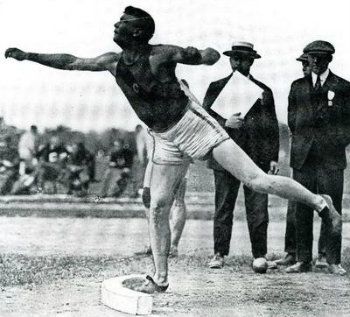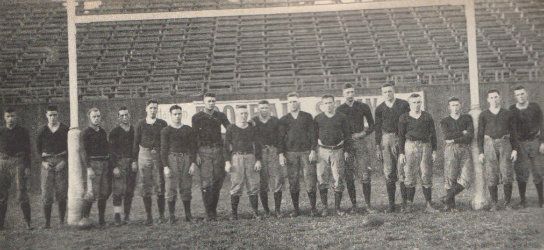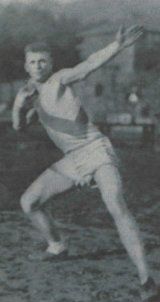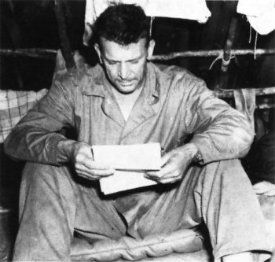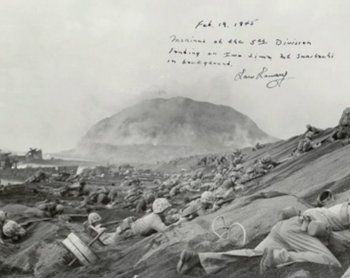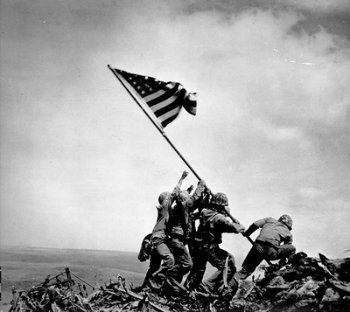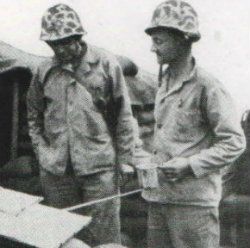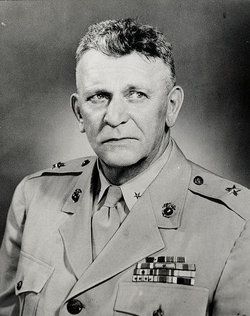 |
| Phil Scott |
" Around 44 years ago a few weeks before 1972 Olympic Trials. I was helping my father knock down some old shed in back yard. I turned around and stepped on a board with nail stuck through it. Nail went all the way through foot..... First Thought, no Decathlon Olympic Trials. Second Thought, Christ had both feet and hands nailed. Third Thought not repeatable.Fourth thought why me OUCH I could not see the POINT in it."
Phil was a consumate collector of track shoes. We did a blog piece about that collection a few years ago. He knew the history of every shoe in that collection and regaled any visitor to his basement where he kept all of them on display. He was also a restorer of vintage bicycles and had worked on many of the bikes now displayed in several museums in Ohio. He also liked racing his bikes when he was a bit younger.
Over the years, Phil moved into the coaching ranks, plying his craft at several high schools in the Dayton, Ohio area, then moving on to Cedarville University and also helping out his son Jason who is coaching track at Montreat U. in North Carolina. He was able to witness his son Jason win the NAIA indoor Pole Vault a few years ago. Phil was visiting Jason and his family on Thanksgiving weekend when he suffered a massive stroke from which he did not recover.
Bill Schnier who is great with words wrote the following about Phil.
Phil Scott, my very good friend and the ultimate track & field enthusiast just passed away. Our paths crossed many times: Kettering Striders, Beavercreek HS, University of Cincinnati, Cedarville University, East Dayton, and at many track gatherings ever since. He was the most loyal friend a man could have, always positive, always kind.
Phil lived to make people laugh, and he did that so often. He also lived to see athletes improve in our sport. He lived to love his family. He lived to tell stories and jokes. He lived to fix bicycles. But most of all he lived for Christ and will be looking for us some day in heaven.
Services Crestview Baptist Church
6600 Salem Ave.
Clayton, OH 45315 (North of Dayton)
Visitation: Friday, Dec. 7 4:00-8:00
Celebration service: Saturday, Dec. 8 1:00
Fellowship to follow
Phil's stories were long and required some endurance to listen through to then end, but the punchlines always made that effort worthwhile. He once told me his mother always told him, "Phil, all I did was ask you the time of day, not how to make the watch."
One of his shorter stories concerned the time he was working at a store in Dayton called Mendelsson's which was in an old GM plant. It was full of surplus items, military, industrial, plumbing, electrical and a new department selling surplus running shoes. Phil was in charge of the sporting goods. Anyway he had some Nikes for sale and a lady came in and bought a pair for her son and a week later came back irate. She said she had put them in her washing machine and then the dryer and they came out looking like a shriveled up, dessicated apple. She told him that nowhere on the box did it say she could not wash them and put them in a dryer, and she wanted her money back or a new pair of shoes. Phil thought about her plight for a few seconds and replied, "Lady, if you bought a new oven, I'm sure there would be nothing in the instruction book telling you that you should not stick your head in it to dry you hair." The lady stormed out of the building, and Phil started looking for another line of work.
In the past we've had some postings about Phil's shoe collection. He scoured the earth to find unique track shoes. He has the pair that Joe Deloach won the 200 meters with in the Olympics, keeping Carl Lewis from getting a fourth gold in that Games. He had shoes from the 1880s from England. Many pairs were still in the original boxes. Here is the link to that posting.
Another Shoe Report
And Another
Bicycle Museum of America
Phil restored a number of bikes in this museum in New Bremen, OH
 |
| One of Phil's restorations at Carillon Park, Dayton, OH, I think this bike has wooden wheel rims |
In May, 2017 a few of Phil's friends gathered at Steve Price's house in Piqua, OH for a gourmet lunch of baloney, white bread, Mountain Dew, and Moon Pies. Phil came with a few of his shoes including this one, a brand and model that Livio Berutti won the 200 in at the Rome Olympics.
 |
| The shoes and Berruti edging Les Carney in 1960 at Rome. Those are plastic covers on the spikes. |
 |
| George Brose (Vancouver Island), Bruce Kritzler (Sea Island, GA), Phil Scott (Springfield, OH) Steve Price (Piqua, OH), and Bill Schnier (Cincinnati, OH) |
 |
| The Spread. Since Steve gets his nutrition through a feeding tube, he wanted to be sure we had nothing but the very best. |
 |
| Dessert |
The family announced that Phil's shoe collection would be on display at his viewing.
|
5:10 PM (1 hour ago)
|   | ||
| ||||
Wow......What a great piece on Phil and our hillbilly lunch. Many thanks George and it’s certainly hard to accept his demise. He meant so much to so many people.
|
4:52 PM (1 hour ago)
|   | ||
| ||||
Thank you George for all those track&field history . Have a nice evening my friend .
George-
While I never had the pleasure of meeting Phil, I felt like we were old friends and actually grew to enjoy his lengthy phone calls/endless jokes. I should probably thank you for introducing him (at least I think that’s how I met him!) When I saw your mention of his passing a few days ago, I convinced myself that I mis-read it, or that it was some other Phil. I didn’t want to believe it. Damn. Your words captured him well. Nobody else ever called me about finding some obscure, smelly old track spikes, and he did it with such excitement, like it was the most important discovery mankind ever made!
I’m really going to miss him, too.
Rick Lower
Thanks for the tributes to Phil. It made me smile, just like Phil did.
Bruce Kritzler
Bruce Kritzler
Let George know very well done so sad but Phil was such an interesting man. Thank you for sending me email. Marc Arce





